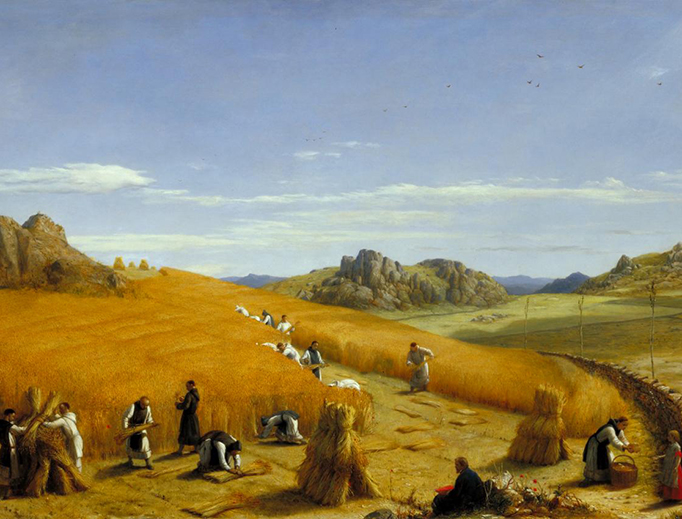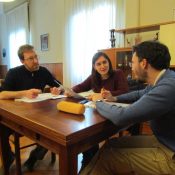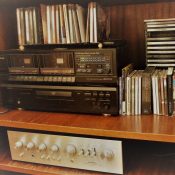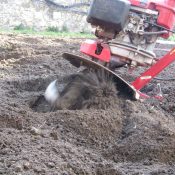Less than a month has passed since the entry into the novitiate of the group of young men I belong to. A time certainly too short to draw meaningful considerations on the life of a novice, but at the same time enough to offer me some food for thought.
At first glance a typical day at the novitiate seems to be marked by two types of different activities: the more “spiritual” ones, such as prayer (personal and communal), the Eucharistic celebration and adoration, and the more “practical” ones, like food, work and leisure.
It is precisely on this last category that I wish to dwell, trying to share some small reflection on the spiritual meaning that I think I have seen even in the most concrete actions.
Let’s start from the basics: the power supply. We eat to live, not the other way around. Not infrequently however, food risks becoming an idol in people’s lives, a palliative with which to gratify anxieties and discomforts. The novitiate, however, helps to develop a more mature relationship with it, through a simple habit: we do not eat outside of mealtimes. Yes, there is everything necessary but not the superfluous; and above all, one learns not to indulge every little desire or whim that assails our person. What a great value it would be to apply this principle to our inner life. How many mistakes could be avoided by learning to be patient, not impulsively gratifying the various voices that our soul not infrequently has to face.
A second category of activity is that of work. Household chores are objectively necessary and involve most of a novice’s morning. In a certain sense, however, they did not seem to me to constitute a rigid interruption of the actual morning prayer. I had this impression ever since the first chore I was asked to do. I was sweeping the leaves and pine needles in the courtyard; first I tried to identify and remove the larger leaves, then, in later stages I tried to clear the yard from even the smallest and most hidden needles. All with the knowledge that it was a work destined to be repeated as soon as the first rain had rendered the courtyard untidy again.
But does this not also happen with our interiority? Always and continually we need to examine our soul trying to identify and remove that dirt that, big or small, tends to blur a beauty that is already present (we are in the image of God), but is waiting only to be liberated from the evil which we allow to live there.
Finally, leisure. I take as a small example a beautiful walk that we made in the mountains towards an abandoned fortress. Walking is not always easy, the climb can be tiring, but the beauty of the destination, the company of people with you are able to make even the most difficult journey enjoyable.
Once again the parallelism with the interior life did not escape me: we are perpetually journeying (those who stop are lost), through difficulties and joys; but we are not alone, and far less so are we without a goal. We proceed towards the Lord, walking with him and with the people we find next to us.
The external reality therefore seems to represent a mirror, a precious opportunity to understand something more about our inner life. One might therefore ask: “what is spiritual?” Everything, one might say; provided it is done in synergy with and listening to the Holy Spirit, allowing him to take us by the hand.
– Stefano Guadagnino, Novice of the First Year























Comments